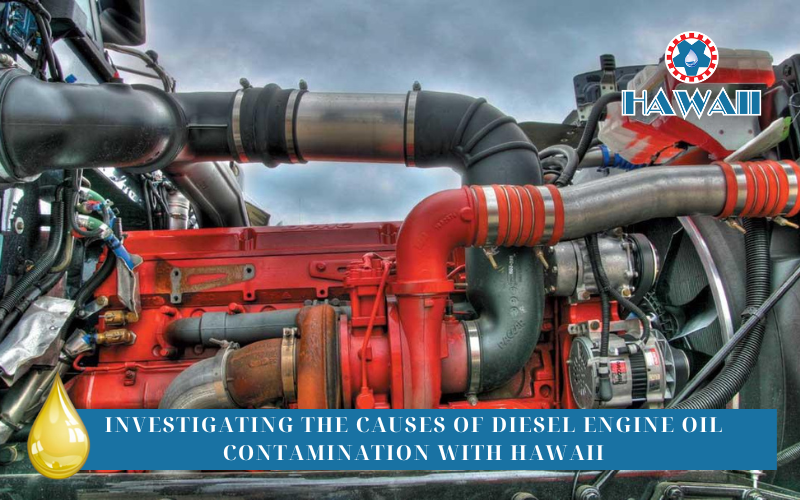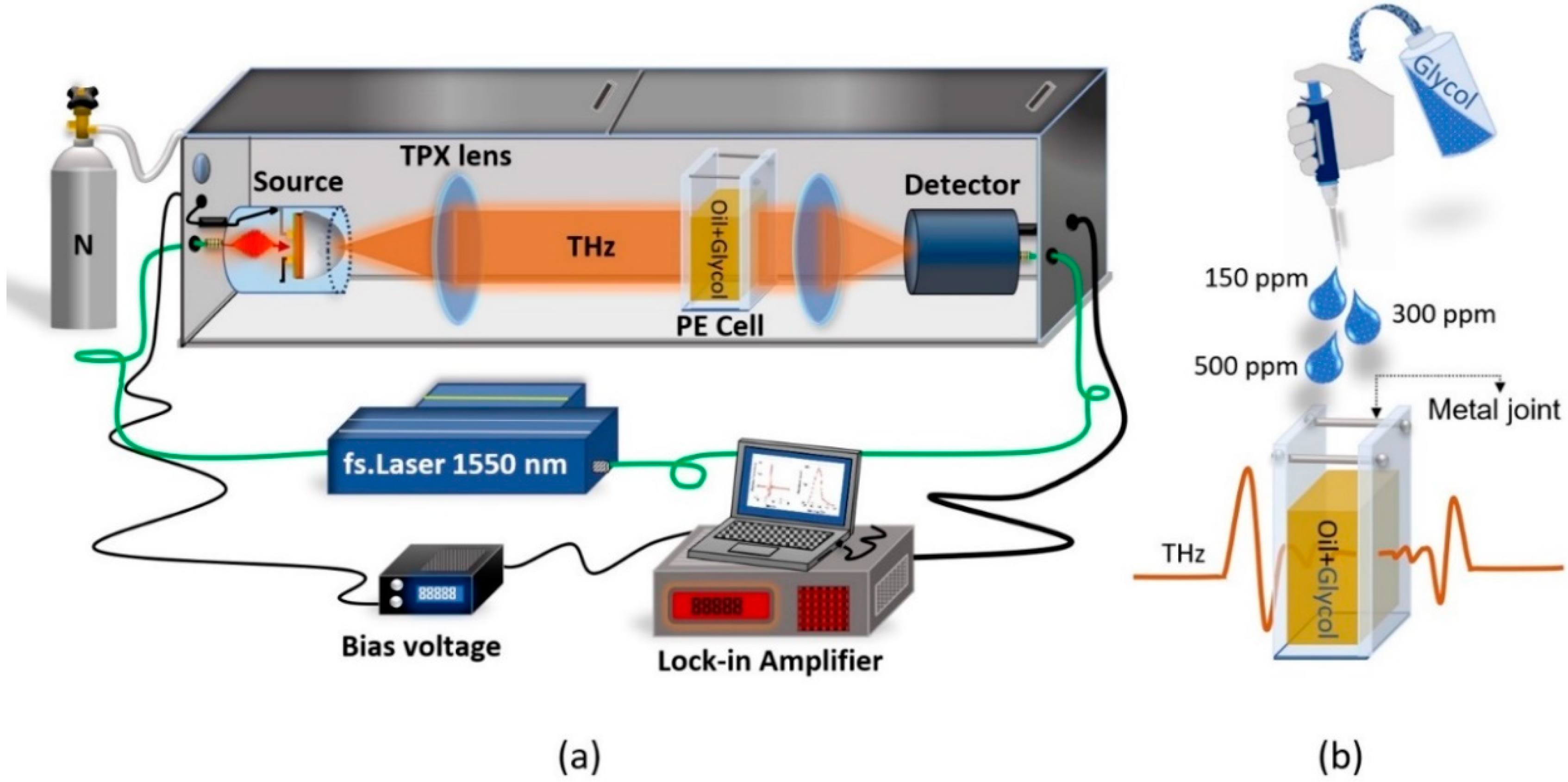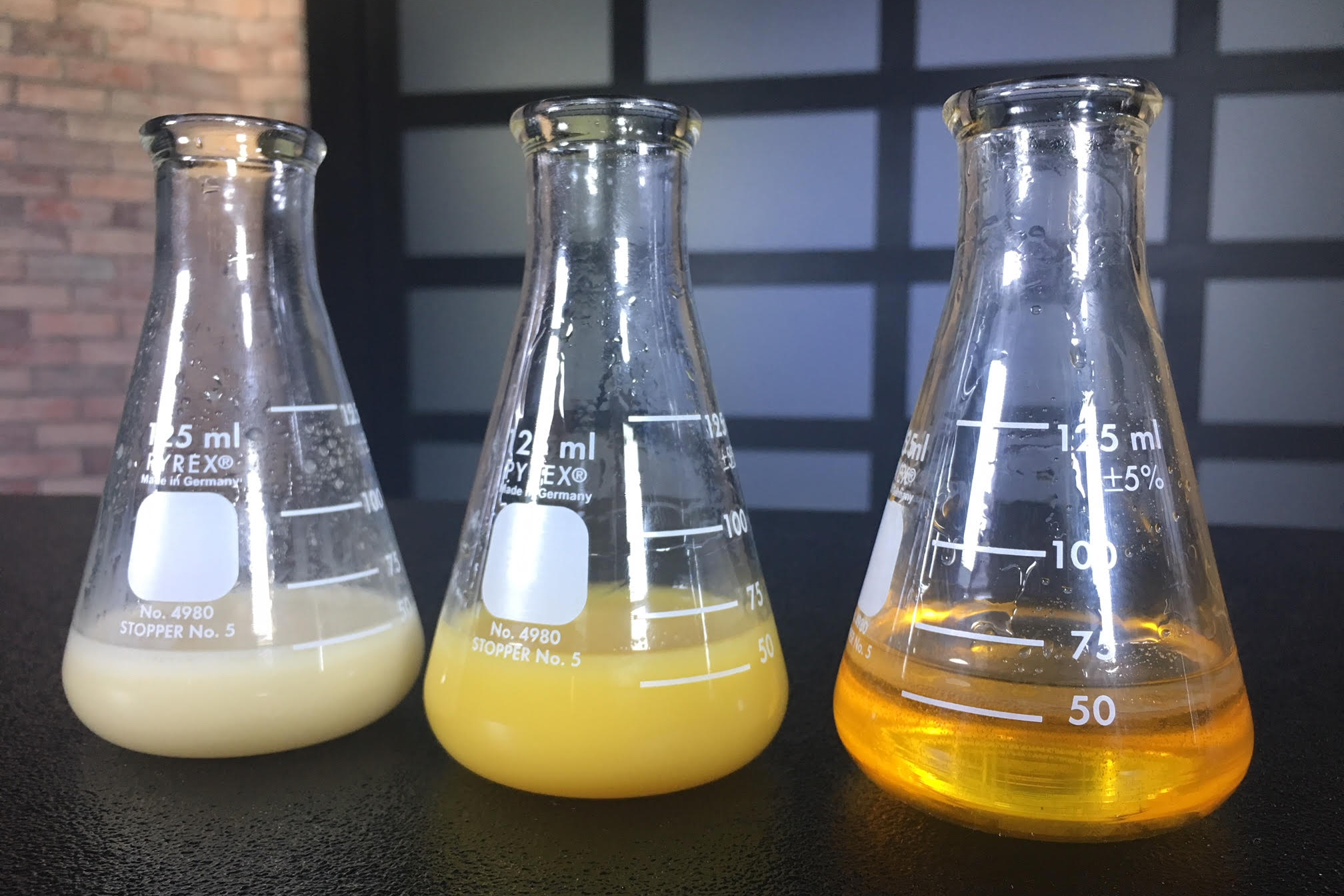
Investigating the Causes of Diesel Engine Oil Contamination with Hawaii
As you drive and navigate the roads, suddenly, your diesel engine starts to run erratically. You might be facing a common issue: contamination of diesel engine oil. However, have you ever wondered about the causes of this contamination? Let’s delve into the reasons behind diesel engine oil contamination, covering impurities, water, and various chemicals, to help you protect your engine and ensure smooth operation on every road.
Contamination of Diesel Engine Oil from Glycol
Contamination of diesel engine oil from glycol often occurs when engine oil and glycol coolant (usually ethylene glycol or propylene glycol) mix in the engine’s cooling system. This is a serious issue that needs immediate attention because diesel oil contamination can significantly impact the engine’s performance and lifespan. Here is an analysis of diesel engine oil contamination from glycol:
- Cause: Contamination of diesel engine oil from glycol usually occurs due to leaks in the cooling system or other technical malfunctions. Leaks can occur at connections, pipes, pump components, or any other location in the cooling system. When glycol leaks into the diesel oil system, it dissolves the oil, forming impurities.
- Impact on diesel oil: Impurities from glycol can clog diesel oil filters, reduce lubrication capabilities, and create deposits in the diesel oil system. These impurities can damage critical parts such as oil pumps, valves, pipes, and other contacting surfaces, leading to engine malfunctions.
- Analysis: To analyze diesel engine oil contamination from glycol, it is necessary to check and determine the presence of glycol in the diesel oil. Analytical methods typically involve using oil analysis equipment or specific diesel engine oil testing procedures to detect and measure the amount of glycol in the oil. If glycol is detected, the cause of the leak needs to be identified to address the issue.
- Remediation: To remedy diesel engine oil contamination from glycol, the root cause of the glycol leak must be addressed. Inspect the cooling system to identify and repair leakage points. Ensure that the cooling system operates correctly and that there is no mixing of diesel oil and glycol.

Additionally, it is essential to replace or clean oil filters to remove impurities and ensure diesel engine oil is in good condition. If contamination has caused significant damage to the engine, replacement of damaged parts or engine repairs may be necessary.
Most importantly, to prevent diesel engine oil contamination from glycol, regular maintenance, proper inspection, and repair of the cooling system are essential to avoid glycol leaks into the diesel oil system.
Contamination of Diesel Engine Oil from Fuel
- Impurities: Various impurities such as dust, sediment, water, oxidative substances, and organic impurities may exist in diesel oil. When fuel is not properly filtered, or if filtration is inadequate, these impurities can enter the engine system and cause diesel engine oil contamination.
- Water: Absorbing water from the air is a common issue in diesel oil. If not removed or if fuel is not stored correctly, water can create impurities in diesel oil, affecting engine performance and lifespan.
- Biodegradation: Diesel oil can undergo biodegradation by bacteria, fungi, and other microorganisms. This biodegradation can produce impurities, such as sludge and deposits, leading to diesel engine oil contamination.
- Oxidation process: Diesel oil can oxidize when exposed to air and high temperatures. When oxidation occurs, impurities, including sticky compounds, deposits, and sludge, can form. Contamination due to the oxidation process can clog diesel oil filters and affect engine performance.
- Poor-quality fuel: If diesel fuel does not meet quality standards, such as having too much sulfur, unwanted additives, or other undesired impurities, it can cause diesel engine oil contamination and harm the engine system.

To reduce diesel engine oil contamination from fuel, consider the following measures:
– Use high-quality fuel: Choose diesel fuel from reliable sources and ensure it adheres to quality standards.
– Use effective fuel filters: Ensure that the fuel filtration system is used and maintained correctly. Replace fuel filters according to the schedule and check related components to ensure proper functioning.
– Proper fuel storage: Store diesel fuel in dry, well-ventilated conditions, avoiding direct sunlight. Seal fuel containers to prevent water and other impurities from entering the fuel.
– Regular maintenance: Conduct regular maintenance on the fuel system to remove impurities and ensure the engine operates smoothly.
– Use antioxidant additives: Using antioxidant additives in diesel oil can help prevent the oxidation process.
Diesel Engine Oil Contamination from Water
Water can enter the diesel oil system through the cooling process, environmental contamination, or condensation in the oil container. However, water in diesel engine oil can cause rusting, corrode parts, and reduce the lubrication capabilities of the oil.
Presence of Bacteria and Microorganisms
Diesel oil can also be contaminated by bacteria and microorganisms. These organisms can reproduce in the diesel oil environment, producing by-products that damage the oil, cause clogs in the fuel system, and reduce engine performance.
Degradation of Additives
Diesel engine oil typically contains additives such as antioxidants, anti-deposit agents, and dispersants. Over time and under the influence of operating conditions, these additives can lose effectiveness, leading to oil contamination.
HAWAII shares this information to help you understand the causes of diesel engine oil contamination better. This knowledge can guide you in implementing timely corrective measures to ensure your engine operates at full capacity and enjoys an extended lifespan.
KHANG AN CHEMICALS JOINT STOCK COMPANY
111 North Bridge Road, #05-14 Peninsula Plaza Singapore 179098
info@hawaii-oil.com info@hawaii-lubricant.com
Hotline: 0903336870
Website: www.hawaii-oil.com
facebook.com/HawaiiOil
